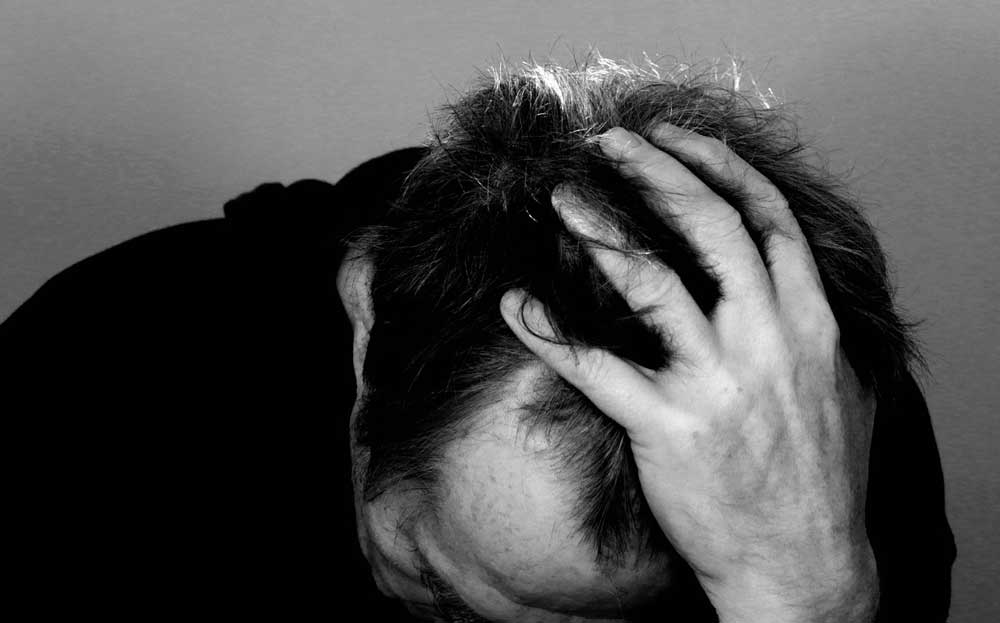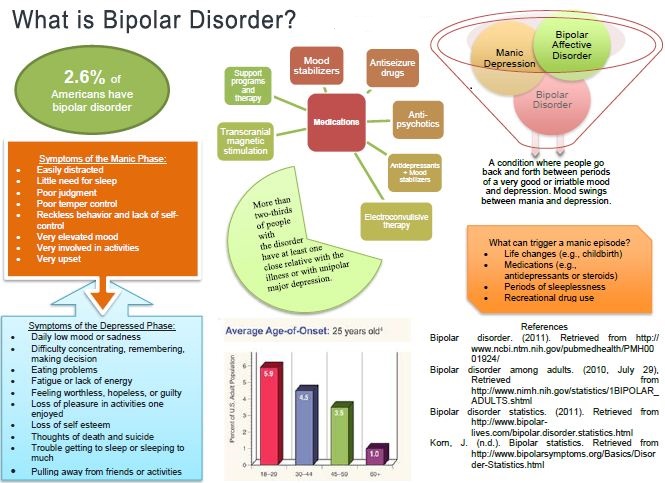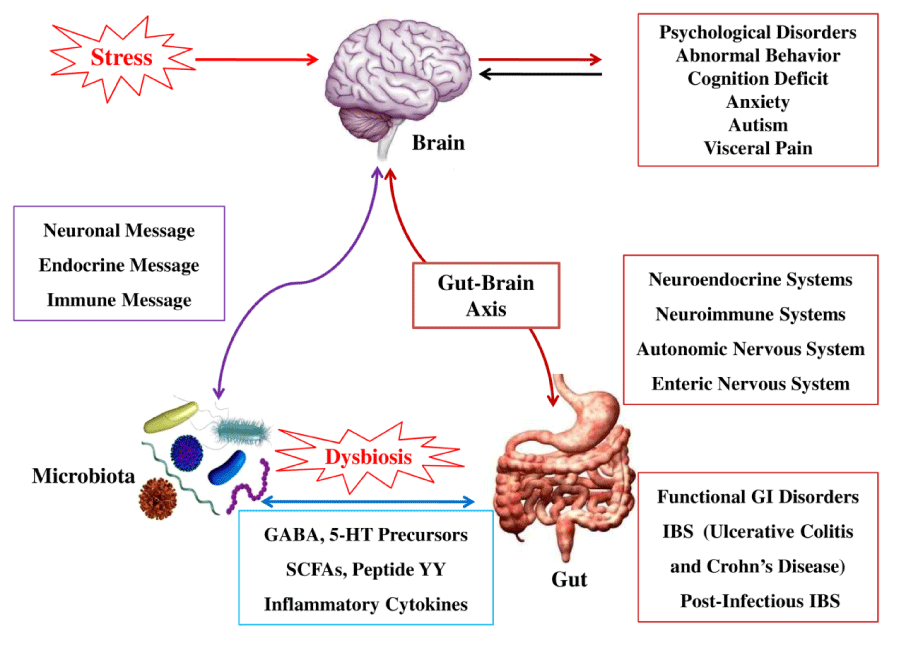Contain addiction triggers and cravings

Contain addiction triggers and cravings will only be possible when you willingly give it up and let it go
Contain addiction triggers and cravings: Recovering with dignity
While getting sober from drugs is an important first step, it’s only the beginning of the recovery process. Once sober, the brain needs time to recover and rebuild connections that have changed while addicted. During this time, drug cravings can be intense. Doctor Dalal Akoury MD a veteran addiction expert and founder of AWAREmed health and wellness resource center advices that you can support your continued sobriety by making a conscious effort to avoid people, places, and situations that trigger the urge to use. This is only way among many you can use to contain addiction triggers and cravings. Besides, that, you can also opt for the following:
Make a break from old drug friends. Don’t make the mistake of hanging out with old friends who are still doing drugs. Surround yourself with people who support your sobriety, not those who tempt you to slip back into old, destructive habits.
Avoid bars and clubs, even if you don’t have a problem with alcohol. Drinking lowers inhibitions and impairs judgment, which can easily lead to relapse. Drugs are often readily available and the temptation to use can be overpowering. Also avoid any other environments and situations that you associate with drug use.
Be up front about your history of drug use when seeking medical treatment. If you need a medical or dental procedure done, be up front about your history and find a provider who will work with you in either prescribing alternatives or the absolute minimum medication necessary. You should never feel ashamed or humiliated about previous drug use or be denied medication for pain; if that happens, find another provider.
Use caution with prescription drugs. Stay away from prescription drugs with the potential for abuse or use only when necessary and with extreme caution. Drugs with a high abuse potential include painkillers, sleeping pills, and anti-anxiety medication.
Contain addiction triggers and cravings: Coping with drug cravings
Sometimes craving cannot be avoided, and it is necessary to find coping ways like:
Get involved in some distracting activity. Reading, a hobby, going to a movie, exercising (jogging, biking) are good examples of distracting activities. Once you get interested in something else, you’ll find the urges go away. Another effective response to a drug craving is eating (be careful of what you eat, as eating junk will only add stress and inches to your waistline).
Talk it through. Talk to friends or family members about craving when it occurs. Talking about cravings and urges can be very helpful in pinpointing the source of the craving. Also, talking about craving often helps to discharge and relieve the feeling and will help restore honesty in your relationship. Craving is nothing to feel bad about.
Urge surf. Many people try to cope with their urges by gritting their teeth and toughing it out. But some are just too strong to ignore. When this happens, it can be useful to stay with the urge until it passes. This technique is called urge surfing. Imagine yourself as a surfer who will ride the wave of your drug craving, staying on top of it until it crests, breaks, and turns into less powerful, foamy surf.
Challenge and change your thoughts. When experiencing a craving, many people have a tendency to remember only the positive effects of the drug and forget the negative consequences. You may find it helpful to remind yourself that you really won’t feel better if you use and that you stand to lose a lot. Sometimes it is helpful to have these benefits and consequences documented. This way you will be kept on the positive track of recovery and always remember to keep consulting with the experts at AWAREmed health center from time to time.
Contain addiction triggers and cravings: Recovering with dignity
http://www.I-AM-I.com/wp-admin









